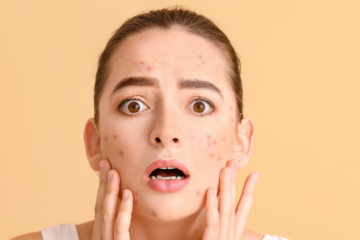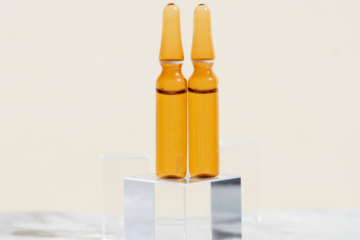In recent days, the EU has made an official decision regarding the use of vitamin A in cosmetic products.
On April 3, 2024, the European Commission published Regulation (EU) 2024/996, introducing changes to Regulation (EC) No 1223/2009 of the European Parliament and of the Council concerning the use of vitamin A and other substances in cosmetic products.
According to the new guidelines, the maximum concentration of vitamin A in various forms, such as retinol, retinyl acetate, and retinyl palmitate, has been determined depending on the type of cosmetic product.
The maximum allowable concentrations for individual ingredients are as follows:
🔹 0.05% of retinol and equivalent amounts of retinol in body products,
🔹 0.3% of retinol and equivalent amounts of retinol in other rinse-off products (including facial products) and rinse-off products.
However, is vitamin A harmful to the skin? Experts emphasize that vitamin A plays a crucial role in skin health, vision, and immune functions. Excessive consumption of vitamin A can lead to health problems, but most of the consumed vitamin A comes from the diet, vitamin supplements, and food products such as milk, eggs, or carrots.
In the context of cosmetic products, the amount of retinol absorbed by the skin is usually small compared to the amount of vitamin A consumed. The EU Scientific Committee on Consumer Safety noted that the content of vitamin A in cosmetics is lower compared to food.
So why were restrictions on the use of vitamin A in cosmetics introduced? The European Union believes that consumers may be exposed to excessive amounts of vitamin A, which can lead to exceeding appropriate levels in the body, considering other sources of this substance such as diet or supplementation.
A manufacturer wishing to market a cosmetic product with retinol and its esters will be required not only to apply concentration limits for the aforementioned substances but also to include appropriate information on the packaging stating that the product contains vitamin A and that its daily intake should be considered before use.
The new regulations introduce a transitional period, during which:
🔹 From November 1, 2025, new cosmetic products that do not meet the specified guidelines will not be able to be placed on the EU market,
🔹 From May 1, 2027, any products not compliant with the new regulations will not be able to be available on the market.
The changes apply to all cosmetic products but do not apply to medicinal products. It is also worth noting that retinal (retinaldehyde) was not included in the regulation change.
When creating your cosmetic product at MG Evolution®, you don’t need to be familiar with the rapidly changing regulations concerning the cosmetic market – in this regard, you will receive full support from us.




